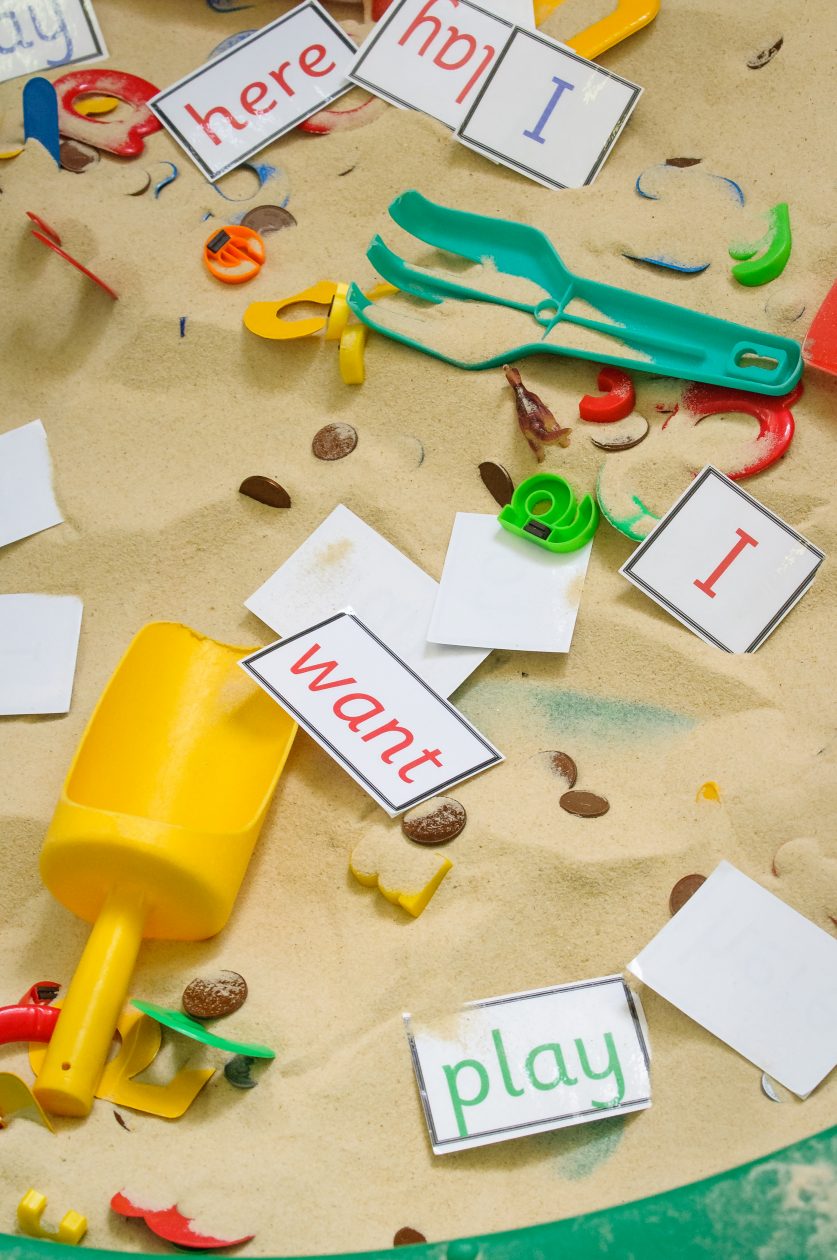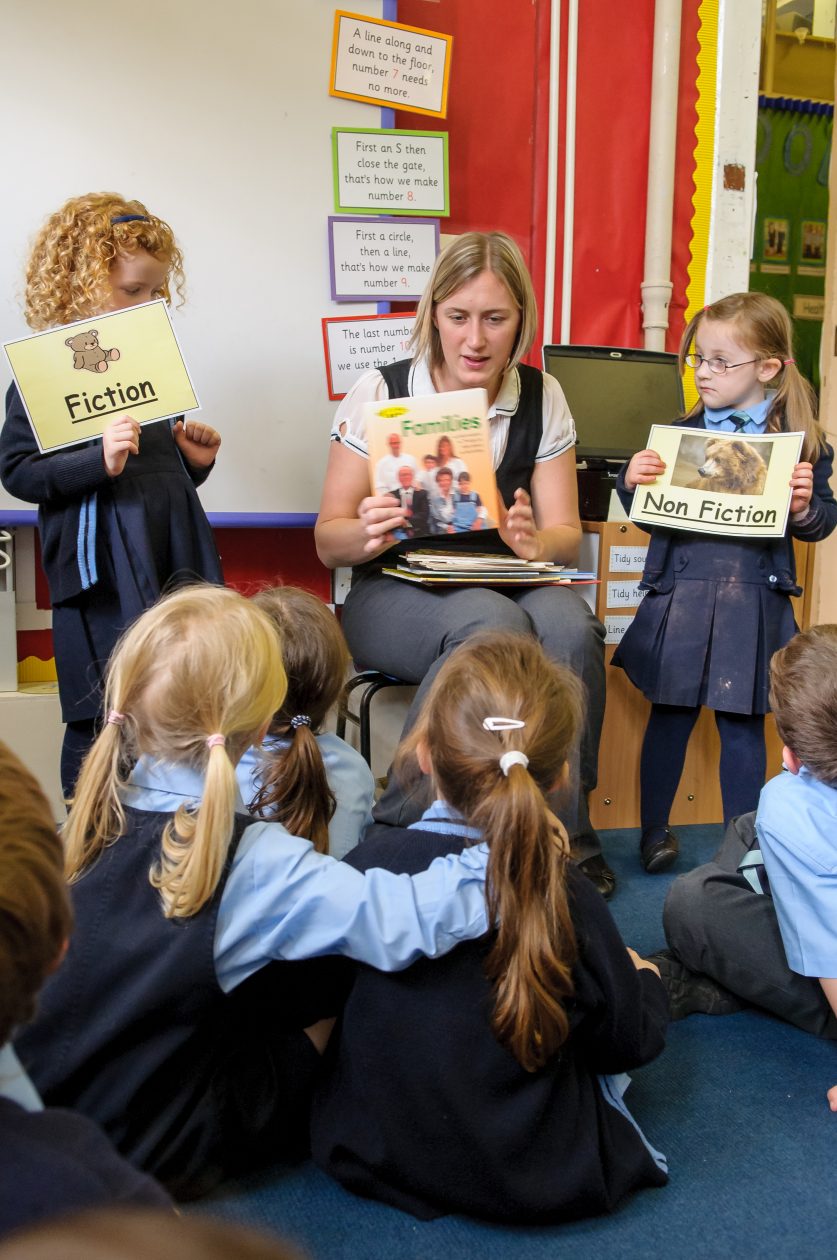Phonological Awareness
Music is a great way to deliver many elements of the Emerging Literacy curriculum especially the phonological awareness. Children should have daily opportunities to sing songs and action rhymes developing a wide repertoire of songs and rhymes.
Auditory Discrimination is the ability to differentiate sounds and is a vital pre-reading and pre-writing skills. Hearing songs sung again and again can help build this skill.
Rhyming and Alliteration. Rhyming is another form of auditory discrimination. Children need to be able to hear the rhyme and be able to generate their own. Songs are full of rhymes and alliteration.
Auditory Memory (hearing information, processing it, retaining it, and then later recalling it) This is a crucial skill that can be improved upon with activities. Singing is one of them
-
- Give children opportunities to experience being attentive and knowing when to add sounds or move and when to be still.
-
- Emerging Literacy – Phonological Awareness. On the Highland Literacy website you can click on the different aspects of the progression to access lots of ideas for how to support children’s acquisition of these skills.
-
- Use these videos from YMI to support your children’s phonological awareness.
There was an Old Woman who Swallowed a Fly
Oral Language
Singing also supports children learning new vocabulary and concepts through the repetition of words and verses. It provides an excellent language model allowing children to hear the constriction of phrases and sentences and begin to understand the syntax of our language. Songs and rhymes support children developing theformation of different sounds in a fun, actively involved way.
Pre-writing Skills
 Songs and rhymes which involve children crossing the midline (invisible central line of the body) as well as having an awareness of where their body is (proprioception) all support pre-writing skills. Songs which encourage finger dexterity and independent movement support the fine motor control needed to write.
Songs and rhymes which involve children crossing the midline (invisible central line of the body) as well as having an awareness of where their body is (proprioception) all support pre-writing skills. Songs which encourage finger dexterity and independent movement support the fine motor control needed to write.
Here comes a Red Bird through the window
Concepts of Print is the wide range of knowledge and understanding, which children build up over a period of time to develop an understanding and enjoyment of books and reading.
As you know, a lot of opportunities should be provided for children to engage with books that fire their imagination and interest. Enjoying and sharing books leads to children seeing them as a source of pleasure and interest and motivates them to value reading.
-
- Ask them for their own suggestions for different characters (e.g. How might the characters in the Gingerbread Boy story sound as they run after the gingerbread boy?) Through the retelling of the story, children could be responsible for creating the different sound effects.
- Alternatively learn to rap familiar stories . For example try out making a Gruffalo Rap
Realising the Ambition
In this Education Scotland document we find on pages 72 to 73 the following statements.
As a baby -Use natural resources, musical instruments, books and toys which make sounds and noise with me, encouraging me to listen for and distinguish between sounds.
As a toddler – Encourage me to explore, distinguish and react to sounds in the environment with you.
Play with language – encouraging me to have fun investigating and experimenting with words, rhymes, songs and musical instruments.
As a young child – Encourage me to notice patterns, similarities and differences in sounds and words.
Play with language – encouraging me to have fun investigating and experimenting with words, rhymes, songs and musical instruments, drawing attention to familiar words, phrases and names in my environment.
Links to Resources & Information
You can subscribe to our YMI Borders YouTube Channel where we have playlists and learning videos from all the tutors.
This the link to the Early Years Playlist on the channel
For teachers and support staff you can access our YMI Making Music Team pages on Glow. If you are not already member of the Team you can request access.
.



